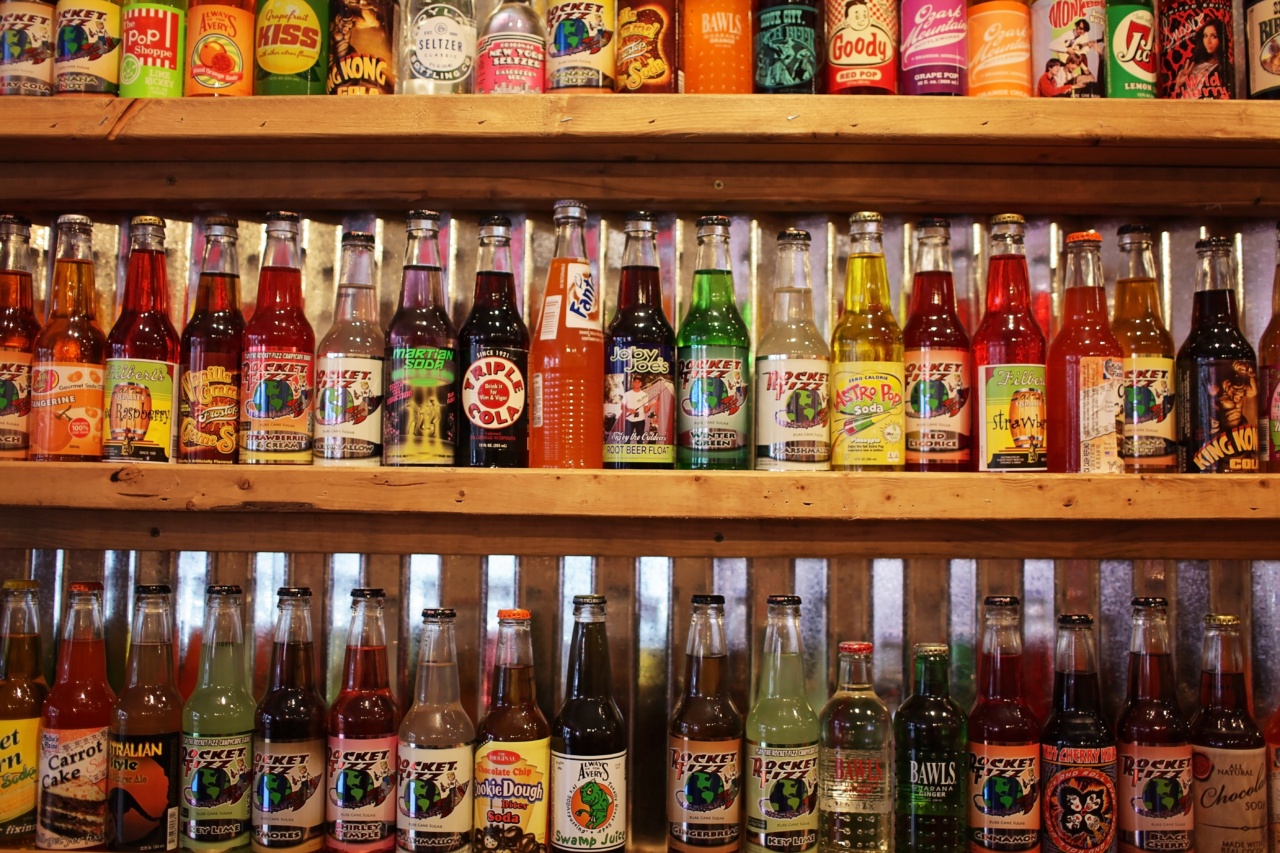Soft drinks have long been a popular choice for quenching thirst and satisfying cravings. However, recent studies have unveiled a concerning link between excessive soft drink consumption and permanent brain damage.
The seemingly harmless habit of drinking soda can lead to devastating consequences for cognitive health, affecting memory, learning capabilities, and overall brain function. In this article, we delve into the research findings, explore the potential mechanisms behind this link, and discuss the importance of raising awareness about the dangers of excessive soft drink consumption.
The Alarming Research Findings
A growing body of evidence suggests that the excessive consumption of soft drinks can have detrimental effects on brain health.
Research conducted by leading neurological institutions has demonstrated a clear correlation between frequent soda intake and permanent brain damage. A study conducted at the University of California revealed that individuals who consumed sugary beverages regularly had smaller hippocampal volumes, which play a vital role in memory and learning processes.
These findings were further corroborated by a large-scale study at the University of Miami, where researchers observed that those who consumed soft drinks daily were more likely to experience cognitive decline over time.
The Role of Added Sugars
The high sugar content in soft drinks is believed to be a major contributor to the brain damage associated with their consumption.
Sugars, especially fructose, have been shown to negatively impact cognitive function and impair synaptic activity in the brain. Excessive sugar consumption disrupts insulin regulation, leading to inflammation and oxidative stress, which can gradually damage brain cells.
Furthermore, prolonged exposure to high levels of sugar can disrupt the balance of gut microbes and increase the permeability of the blood-brain barrier, allowing harmful substances to enter the brain.
The Impact on Memory and Learning
Memory and learning are fundamental cognitive processes that can be severely affected by the regular intake of soft drinks.
The hippocampus, a region in the brain responsible for forming and retaining memories, is particularly vulnerable to the negative effects of high sugar consumption. Studies have shown that individuals who consume sugary beverages excessively perform poorly in memory tests and have difficulty retaining new information.
Furthermore, the consumption of soft drinks has been linked to a reduced ability to focus, decreased attention span, and impaired decision-making skills, all of which are crucial for effective learning.
The Influence on Brain Development
Soft drink consumption, particularly during critical periods of brain development, can have long-lasting consequences.
Children and adolescents are especially vulnerable to the harmful effects of sugary beverages, as their brains are still undergoing significant growth and maturation. Research has shown that excessive intake of soft drinks during childhood and adolescence is associated with reduced cognitive performance and lower IQ scores.
The negative impact on brain development not only hampers academic achievement but also poses challenges later in life, potentially affecting career prospects and overall quality of life.
The Connection with Neurological Disorders
The potential link between soft drink consumption and neurological disorders has also been explored by researchers.
Several studies have revealed a correlation between excessive soda intake and an increased risk of conditions such as Alzheimer’s disease and Parkinson’s disease. The detrimental effects of added sugars on brain health, including neuroinflammation and oxidative stress, are considered contributing factors in the development and progression of these disorders.
Moreover, excessive soft drink consumption often goes hand in hand with an unhealthy lifestyle, including poor nutrition and sedentary behavior, which are also risk factors for neurological diseases.
Addressing the Root of the Problem
Given the significant impact of soft drinks on brain health, it is crucial to address the root causes and find strategies to reduce their consumption.
Raising awareness about the potential dangers of excessive soda intake is essential, as many individuals are unaware of the long-term consequences. Educational campaigns targeting both adults and children can help promote healthier beverage choices and encourage the adoption of a balanced diet.
Additionally, implementing policies and regulations that limit the marketing and availability of sugary drinks, especially in schools, can contribute to reducing their consumption.
Alternative Beverages for Brain Health
Replacing soft drinks with healthier alternatives can significantly improve brain health and overall well-being.
Water, herbal teas, and natural fruit juices without added sugars are excellent choices to quench thirst and stay hydrated without exposing the brain to harmful substances. Green tea, in particular, has been associated with numerous cognitive benefits, including improved memory and attention.
Embracing these alternatives not only reduces the risk of brain damage but also ensures the intake of essential nutrients that support brain function.
The Path to a Healthy Brain
Protecting the brain from the damaging effects of soft drinks starts with individual choices and awareness.
By making informed decisions and reducing the consumption of sugary beverages, individuals can safeguard their cognitive health and foster long-term brain wellness. It is essential to take proactive steps towards a healthier lifestyle, not only for personal well-being but also for the collective effort to mitigate the risk of permanent brain damage caused by soft drink consumption.





























